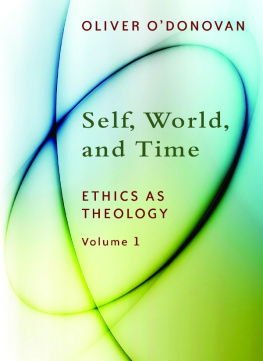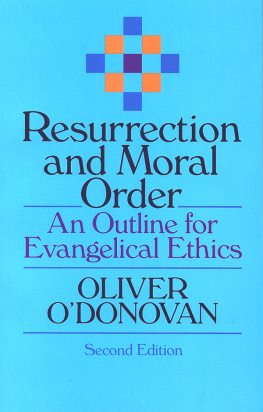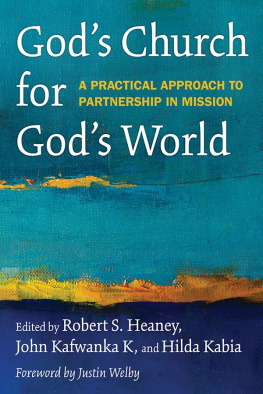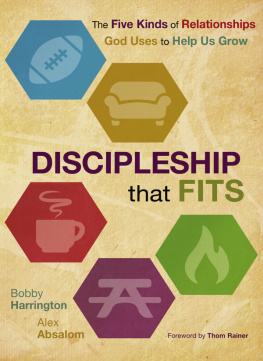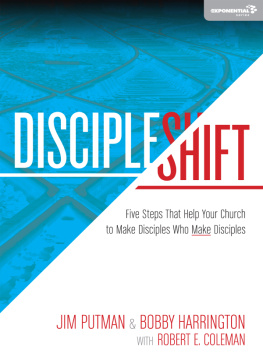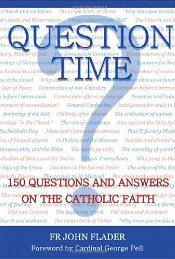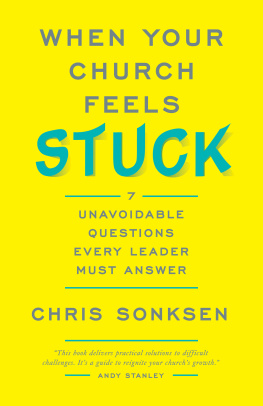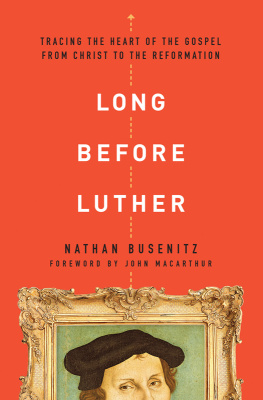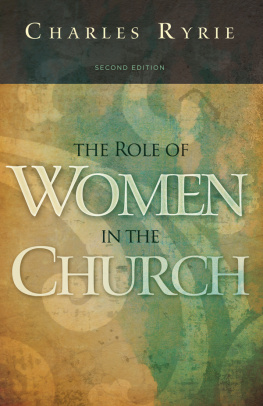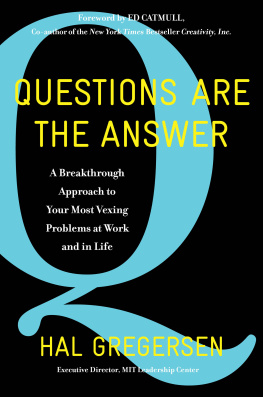Preface
The seven chapters of this book were originally published at monthly intervals between June 2006 and January 2007 on the London-based Fulcrum Web site under the partly ironic title, Sermons on the Subject of the Day, borrowed from Newmans last published collection in the Church of England. They were never sermons in the proper sense of the word, but polemical essays, contributions to the now long-running struggle of the Anglican Communion for its future existence, a struggle that entered its latest and possibly mortal phase with the consecration of a gay divorc as bishop of the Diocese of New Hampshire in 2003 , but which can be seen to have been in preparation for years previously. Events have moved fast since these pieces were written, and for up-to-the-minute event-watchers, they will have the feel of the day before yesterday. Moments of hope and moments of despair have come and gone. The task of drafting an Anglican Covenant is well under way, and now we are on the threshold of the 2008 Lambeth Conference, which will certainly mark a point of no return for better or worse. The reason for putting them now in this more accessible form is that the diagnosis they present still seems to me persuasive. Certain older assumptions and ways of coping that served Anglicans well in the past have now failed. Nothing will do but that we bend our minds to the task of thinking deeply together, asking basic and open-ended questions about the challenges we face and the authority we acknowledge.
Prompted by a reminiscence of that earlier crisis in Anglican identity that evoked a book from Newman, the designation of these essays as sermons was ironic, but also hopeful. Even church polemics, unpleasant a form of communication as they are, can be, and at moments of need sometimes have been, elevated to achieve the effect of good preaching, setting stubborn issues within a new and more radically Christian framework, to be addressed in a spirit of evangelical faith and hope. I am well aware that it is difficult to align the polemical aim with the homiletic one. Only, perhaps, as criticisms are seen to bear upon all and encouragement to exclude nobody, can they transcend the incessant exchange of misunderstanding and misrepresentation. And that is what is done when the cross and resurrection of Christ are faithfully preached. The reader alone can judge how close I have come to achieving this goal.
New College, Edinburgh
Lent 2008
Acknowledgments
The author and publisher wish to acknowledge the leadership and generosity of Fulcrumthe network of evangelical Anglicans dedicated to renewing the centre of the evangelical tradition and the centre of Anglicanism. Fulcrum first published these Sermons on the Subjects of the Day on its website: http://www.fulcrum-anglican.org.uk. We are grateful to Graham Kings for granting permission to republish them in book form.
The Failure of the Liberal Paradigm
Your treaty with death will be annulled, and your pact with Sheol will not stand.
(Isa :)
Eighty years ago the poet Robert Frost penned an affectionately mocking portrait of his home state: endowed with every feature and advantage, it was proud of having nothing to sell, nothing in commercial quantities. But did it perhaps have an idea to selllike the man who once tried to persuade him to write a political pamphlet in verse? No, Frost declaresunpresciently, as it now seems. It never could have happened in New Hampshire!
In 2003 New Hampshire had an idea to sell. On all sides it was agreed, it was the principle of the thing. No one pleaded in defense of the consecration that, after all, the Anglican Communion could surely wink an eye at one gay bishop! What was on trial was quite simply a proposition: a divorc in an active homosexual partnership may be a worthy chief pastor of a Christian flock. Two years earlier a diocese in Canada had stepped forward, probably outside its legal competence, to enact another proposition: the church may solemnize a same-sex union with a rite of blessing. In the subsequent row, the two propositions have become inextricably associated; in the future, if the Anglican Communion has a future, they will need to be disentangled again.
What was implied in the propositions? What did they mean to say about the creation of Adam and Eve, about Natural Law and history, about principle and pastoral accommodation? The difficulty was that we did not know, and still do not. They had the virtue and the weakness of all political propositions: they could be read in many ways, with different interpretations put on them and different inferences drawn from them. In defending them the North American churches followed the counsel that it was wiser not to be too explicit. They spoke to the world about a discernment they had been privileged to make over a long time and from the grassroots up, leaving the ontology of the question strictly to one side.
The North American initiative presaged a worldwide drought of trust and understanding in the Anglican churches, in which every spring of traditional affection seemed to dry up and the communion seemed near to death. At the Dromantine meeting of 2005 , the Primates themselves declined to receive communion together. Responding to the emergency, the Primates meetings of 2003 and 2005 , together with The Windsor Report ( 2004 ) which they commissioned and endorsed, attempted to create a new kind of worldwide conciliar process such as Anglican churches had never had before and had never needed. It has moved painfully slowly, so slowly that some have wanted to declare it stillborn. The Archbishop of Canterburys measured statement of June th, 2006 , however, still showed a resolve to carry it forward in the wake of the resolutions of the 2006 General Convention of the Episcopal Church of the USA (ECUSA). As Lambeth 2008 approaches, there may be a cloud no bigger than a mans hand to be seen on the horizon. It is too early to be sure.
The task these essays address is that of sketching in outline the content of a consultative endeavor still very difficult to conceive in detail. If the miscarrying womb and dry breasts with which Newman reproached his mother-church in his valedictory sermon, Parting of Friends were a rhetorical extravagance on the part of one who had lost his sense of proportion, there are plenty who, with greater or less exaggeration, repeat the charge today. inevitably a contentious one. If the sketch is any good, some will see their opinions reflected in it; if it has any breadth, they will complain that justice has not been done to their subtleties. How can it be otherwise? I know no way of escaping the problem but to ask for as much charity and fairness in return as my reader may think I have offered.


